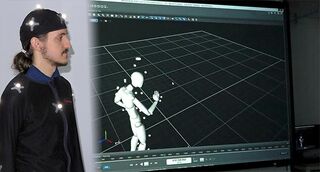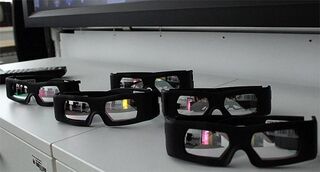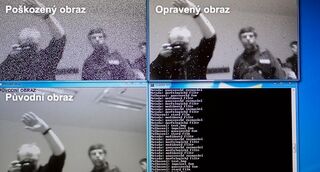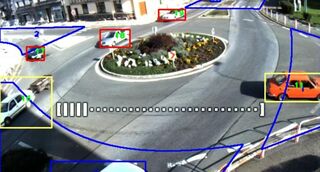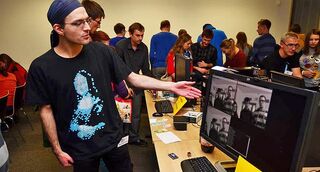Degree programme objectives
The Visual Informatics Program prepares students to work with image information and spatial scene models that involve or touch areas such as computer graphics, image processing, visualization, computer vision, virtual and expanded reality, video processing, pattern recognition, human-computer communication , 3D modeling, animation, graphic design, and machine learning.
Study plans
Admission ProceduresAdmission to Master’s programmes in English 2019/2020 (study from autumn 2019)Submission deadline until midnight 30/4/2019
- Acceptance round information
Admission procedures for international students, who want to study in English master degree programmes (following bachelor) with beginning from September 2019. Tuition fee is 1500 Eur per semester.
- Information on entrance examinations designed for this degree programmeFor application process, the applicant needs to do the following steps:
- Submit an electronic application and paying the application fee 600 CZK,
- Submit a certified hard copy of the Bachelor Diploma or some other higher education diploma.
- Submit an official college transcript completed for a Bachelor degree programme with evaluation or its certified hard copy (Diploma Supplement).
All application materials should be in Czech or in English if not they must be accompanied by an official English or Czech language translation, stamped and signed.
The part of the admission procedure is an entrance test.
Detail information see at: https://www.fi.muni.cz/admission/guide.html - Evaluation criteria valid for the applicants applying for a place on this degree programmeInformation at: https://www.fi.muni.cz/admission/info-master.html.en
Studies
- Objectives
The Visual Informatics Program prepares students to work with image information and spatial scene models that involve or touch areas such as computer graphics, image processing, visualization, computer vision, virtual and expanded reality, video processing, pattern recognition, human-computer communication , 3D modeling, animation, graphic design, and machine learning.
- Learning Outcomes
After successfully completing his/her studies the graduate is able to:
- master mathematical basics of visual informatics,
- explore theoretical basics of the acquisition, analysis and synthesis of image information,
- design and implement systems and algorithms in the field of visual informatics,
- apply basic principles of graphic design and visual communication,
- know the principles an usage of current technology of visual informatics,
- work as a member and leader of the research and development team.
- Occupational Profiles of Graduates
The graduate will find application in various fields, such as the development of graphics applications, simulators, computer games, applications for multimedia processing and analysis, visualization of data, virtual and enhanced reality or creation of professional-level graphic design. For example, a graduate may be an analyst, graphic designer, application programmer, research or development team leader. The acquired theoretical knowledge and practical skills allow him / her to thoroughly understand the problems solved and will make it possible in practice to use a wide range of modern technologies - from common mobile devices to dedicated systems with high computing power.
- Practical Training
The practical training is not an obligatory part of the study program. Nevertheless in Computer Game Development specialization, some practical training is expected.
- Goals of Theses
The goal of Maters's thesis is to demonstrate that student is capable of working on a project of non-trivial size (e.g. to create a useful application, or to formulate and prove advanced mathematical thesis), as well as to demonstrate the capability of presentation and positioning of the results in the context of actual state-of-the-art in the field. Bachelor's thesis is expected to be written in Czech, Slovak or English language. Expected structure of the work includes declaration of the author about the thesis being a school work, declaration of authorship, contents, the proper text, and references. Minimal expected scope of the work is 40 regular pages of the proper text (including illustrations).
- Access to Further Studies
Graduate of the study program may, after fulfilling the conditions of admission, continue the doctoral studies at the faculty.
